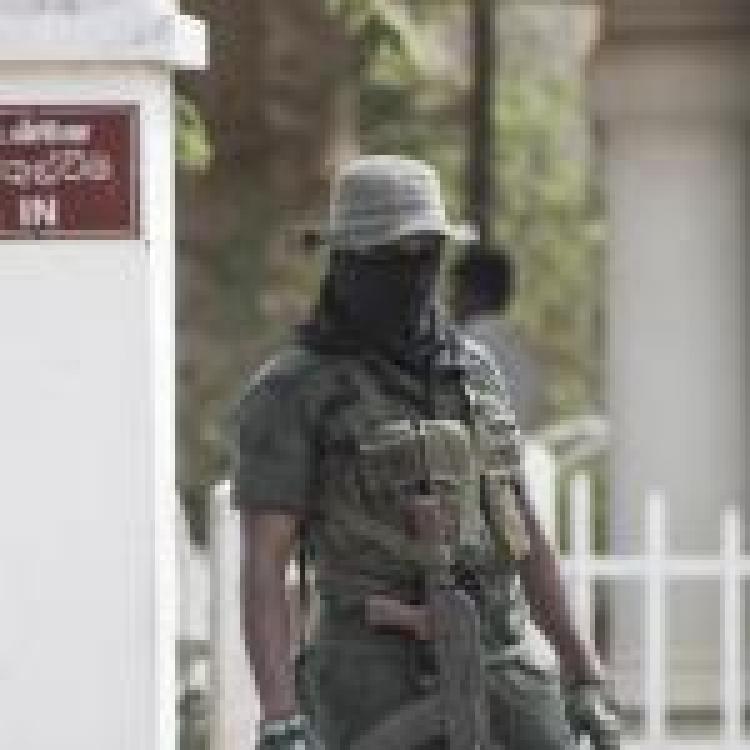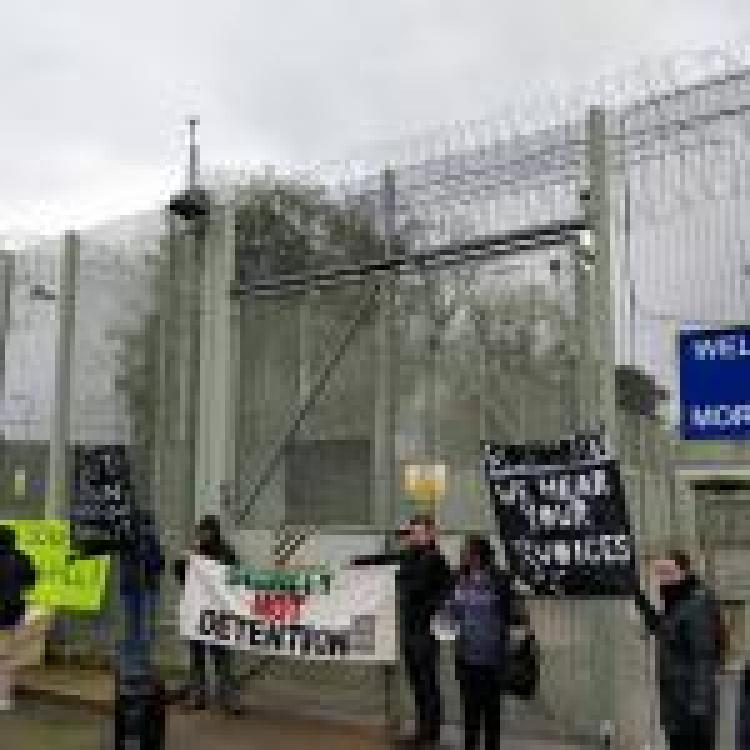Civil society organisations in the UK have criticised the passing of a reviewed counter-terrorism bill, saying it will not enhance public security but instead further criminalise vulnerable communities, with the Tamil community mentioned amongst potential victims.
The UK government claim that the Review of the Counter-Terrorism and Sentencing Bill is to safeguard the community from terrorism by reinforcing legislations regarding the sentence, release and surveillance of terrorism offenders. However with the bill drafted in the midst of the Coronavirus lockdown, rights campaigners have said the bill evades proper scrutiny from parliament and civil society.
Campaign Against Criminalising Communities (CAMPACC) said:
“Proscription of political associations is already a serious issue for many British communities. The bill would have a chilling effect on the Kurdish community who have a long history of resistance against the authoritarian Turkish state. Their organisations PKK (Kurdish Workers Party) has been proscribed since 2001. The law outlaws political activity and organisation within the Kurdish community. The community members have never been involved in acts of terror in Britain. The recent Belgium Court judgement that the PKK was not a terrorist organisation but a party in conflict is notable. It is about time PKK was de-proscribed. Its continued proscription has always given the Turkish state an excuse to ratchet up repression and deny Kurds of any of the political and human rights.
The Tamil community will be similarly intimidated. It is a community recovering from a genocide and defeat and subjected to repression by the Sri Lankan state. The Basque, Somali Baloch and Palestinian community are in a similar situation with their main political organisations banned.”
The Muslim Lawyers Action Group (MLAG) has expressed that the Bill is ‘unnecessary and disproportionate’, and that the current legislation already allows adequate authority against terrorism. MLAG went on to say “The inability to prevent recent attacks was not due to a lack of powers, but due to the current powers being used ineffectively”.
CAMPACC also said:
“More powers for cops, spooks and judges are not in the interests of ordinary people—the bill must be opposed by everyone and every organisation who are defending civil liberties and are fighting against the criminalisation of innocent civilians and vulnerable communities.”



